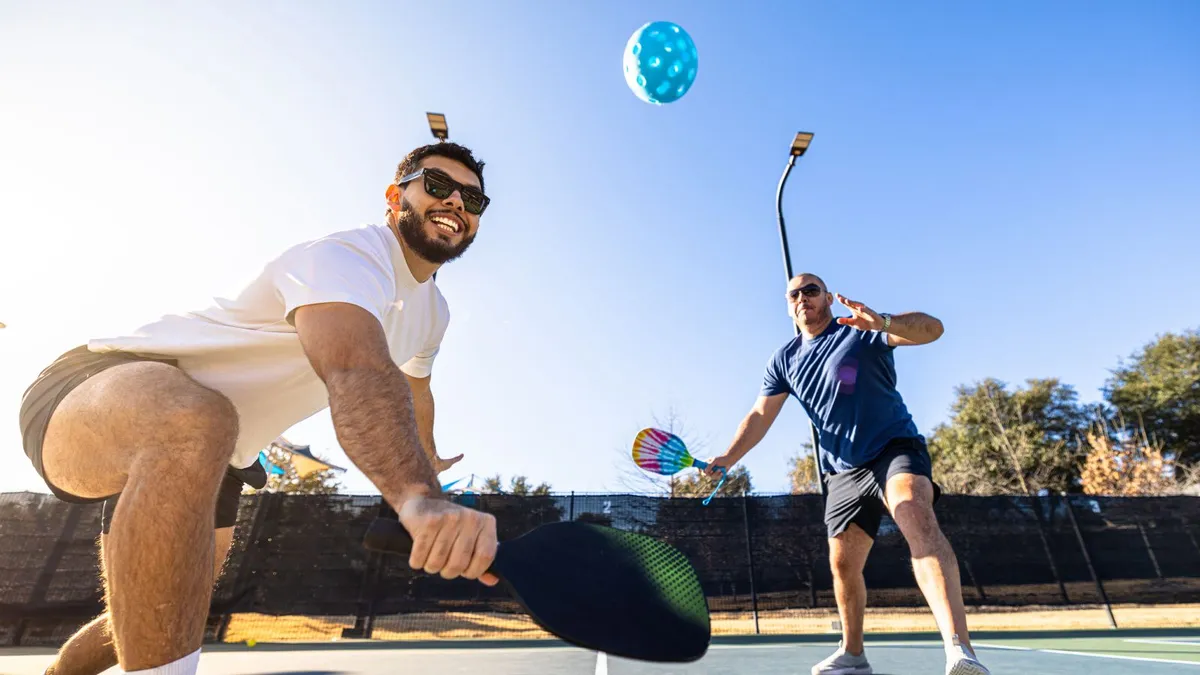
Eye injuries related to pickleball have surged alarmingly as the sport gains immense popularity across the United States. A recent study highlights that the number of individuals participating in pickleball has skyrocketed, with estimates indicating that approximately 19.8 million people engaged in the sport in 2024. This marks a significant increase of about 45% from 2023 and an astonishing 311% since 2020.
Published on October 16 in the journal JAMA Ophthalmology, the study conducted by three eye specialists reveals a direct correlation between the rising number of pickleball players and an increase in eye injuries. Researchers utilized the National Electronic Injury Surveillance System (NEISS), which is a government-funded database that tracks injuries related to consumer products. NEISS collects data from a representative sample of around 100 emergency departments (EDs) across the United States, reflecting the broader landscape of over 5,000 hospitals with EDs.
During their analysis, the research team examined data gathered from the beginning of 2005 to the end of 2024. They discovered a total of 2,472 pickleball-related injuries, of which 73 were specifically eye injuries. This translates to an estimated 137,470 total injuries and approximately 3,110 eye injuries nationwide during this period. Importantly, there were no reported pickleball-related eye injuries prior to 2014, with a staggering 88% of these injuries occurring between 2022 and 2024.
The study indicates that the annual rate of eye injuries rose by approximately 405 cases per year from 2021 to 2024. Notably, around 70% of the reported eye injuries were among players aged 50 years and older. This demographic trend suggests that older players may be more susceptible to such injuries, potentially due to factors like changes in muscle mass, bone density, or balance.
In cases where the cause of the injury was identified, the most prevalent mechanism was being struck by the ball, followed closely by falls or being hit by a paddle. The majority of injuries were periocular lacerations—cuts around the eye area—while other minor injuries included corneal scratches, iris inflammation, and periocular contusions, commonly known as black eyes. More severe injuries that could jeopardize vision included hyphema (blood pooling in front of the eye), orbital fractures, retinal detachment, and globe trauma, which involves a rupture of the eyeball's wall due to blunt force.
The study's authors observed that the recent surge in pickleball participation is largely attributed to an influx of casual players, who play less frequently than core players engaging more than eight times a year. While the increase in eye injuries may reflect the growing player base, the researchers speculate that casual players might be more prone to injuries due to their limited experience, unfamiliarity with the game, or lower physical fitness levels. However, they emphasize that more comprehensive data is necessary to confirm this hypothesis.
It is essential to note that the NEISS data is derived from a sample of EDs and may not fully represent national trends. Additionally, the study did not account for patients who sought treatment at outpatient clinics, highlighting a potential limitation in the data. Despite these constraints, the findings suggest a concerning trend regarding eye injuries in pickleball.
Currently, there are no standardized guidelines for eye protection in pickleball. Although the American Academy of Ophthalmology recommends that players wear protective eyewear during games, this precaution is not universally mandated or promoted by pickleball organizations. The study's authors advocate for heightened awareness regarding age-specific risk factors and the establishment of formal recommendations for eye protection to help mitigate injury rates and prevent vision loss.